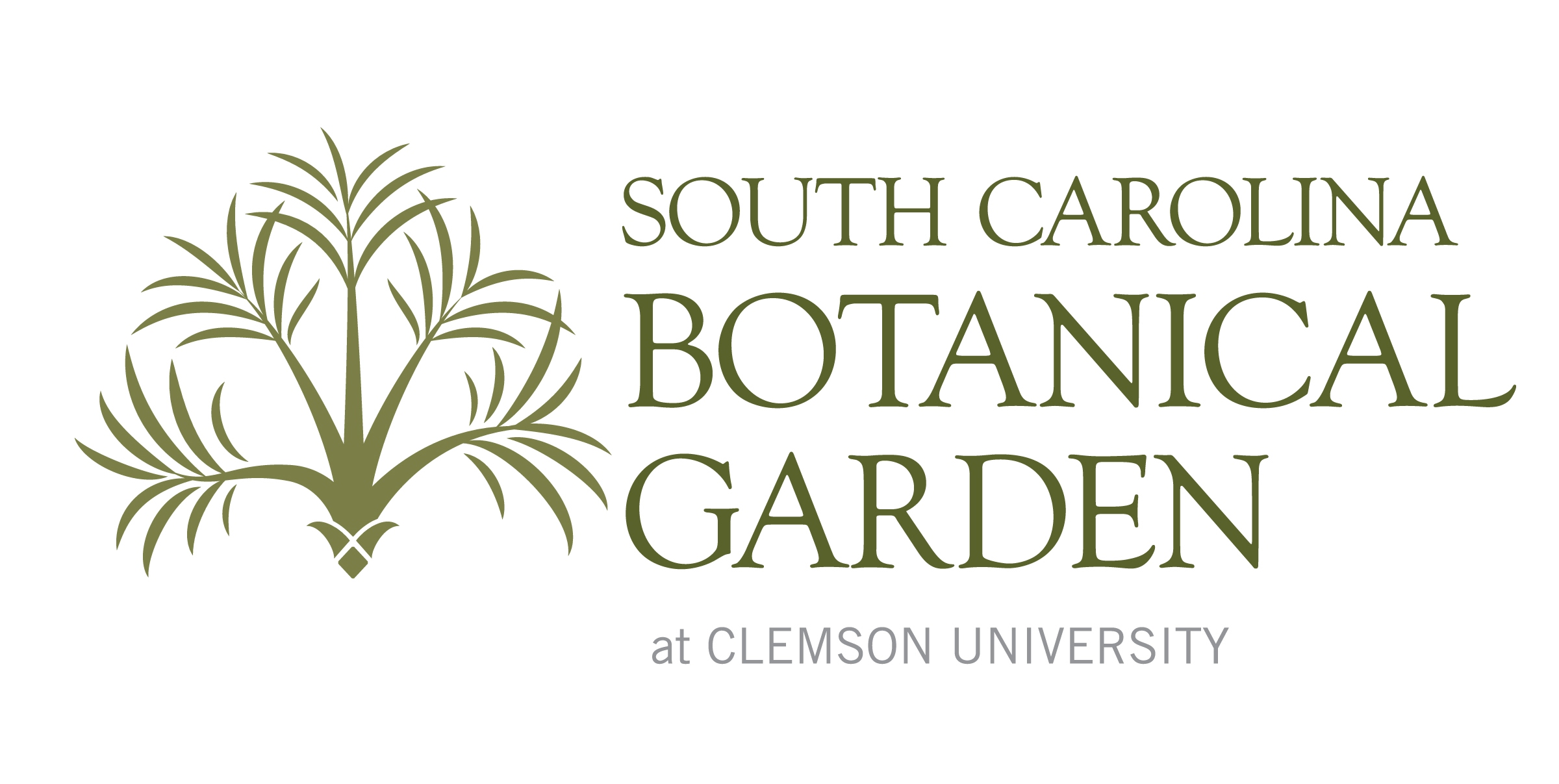Editor's Picks
Plant Focus

An online event hosted by Sarah P. Duke Gardens of Duke University
The world we live in is shaped by the interactions and relationships between biotic (plants, animals, and microbes) and abiotic (soil, water, weather, and climate) factors. John Muir was right when he noted that everything is hitched to everything in the universe!
Oaks, in particular, have a tremendous impact on their environments and have co-evolved with many insects, birds, and animals to form complex webs of timing and life stages. Join us for a panel discussion with leading oak experts. Please see presentations and panelists details below.
Paul Manos, professor of biology at Duke University. Paul will open our discussion by outlining the amazing diversity of oaks represented in the Americas, emphasizing that our understanding of how forests function begins with an understanding of oaks. Paul studies the systematics and biogeography of the flowering plants, with a particular focus on the evolution of oaks, hickories, and walnuts. His work helps to connect oak development, diversification, and speciation in order to better understand hybridization and adaptability. He recently co-authored an article in Scientific American “How Oak Trees Evolved to Rule the Forests of the Northern Hemisphere."
Doug Tallamy, professor in the department of Entomology and Wildlife Ecology at the University of Delaware. Doug has written 105 research publications and taught insect-related courses for 40 years. Nature of Oaks is his fourth book. In previous books Doug has encouraged us to consider our landscapes and gardens as key contributors to environmental health. In a month to month look at the activity, partnerships, and impact of oak trees, this book will inspire us all to nurture oaks as a keystone species. Doug will summarize the rich ecological connections oaks develop and sustain across a given year.
Andrew Hipp, senior scientist and herbarium director at The Morton Arboretum in Lisle, Ill. His research addresses the evolution, maintenance, and implications of plant diversity. Andrew has coauthored numerous papers on the evolutionary history of the world's oaks, including the Scientific American article "How Oak Trees Evolved to Rule the Forests of the Northern Hemisphere.” His newest work on oaks, in collaboration with colleagues throughout the U.S. and in China, investigates how gene flow between oaks shapes their interactions with other forest organisms. He will outline this new work and discuss how hybridization between oak species has the potential to shape their evolution and ecology.
Emily Griswold, director of GATEways horticulture and teaching gardens at the University of California, Davis Arboretum and Public Garden. Emily manages a grove of over 100 kinds of oaks from around the world, which serves as a living laboratory for university teaching and research, a trial ground for future urban trees, a refuge for the conservation of rare species, and a source of inspiration and natural connection for countless visitors. She will discuss how the GATEways Project (Gardens, Arts, and The Environment) uses innovative programs and art installations to welcome a broad audience into the landscape, encourage environmental stewardship, and build an understanding of the tremendous cultural and ecological value of oaks. She will also describe some of the unique challenges, discoveries, and lessons learned from growing a worldwide collection of oaks in a changing western climate.
The discussion will be moderated by Kavanah Anderson, Education Coordinator, Sarah P. Duke Gardens. Kavanah brings 15 years of experience using gardens and farms as a classroom, where learning through multisensory observation can deepen a sense of connection to ourselves, each other, and the world around us.
Online presentation, Tuesday, Nov. 9 from 7-8:30 p.m., Eastern Standard Time
Fee: $15; Gardens members and supporters receive a 20% discount at registration.
Registration available at: https://rsvp.duke.edu/d/bmqmpb/

















